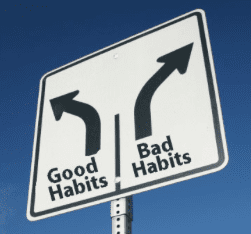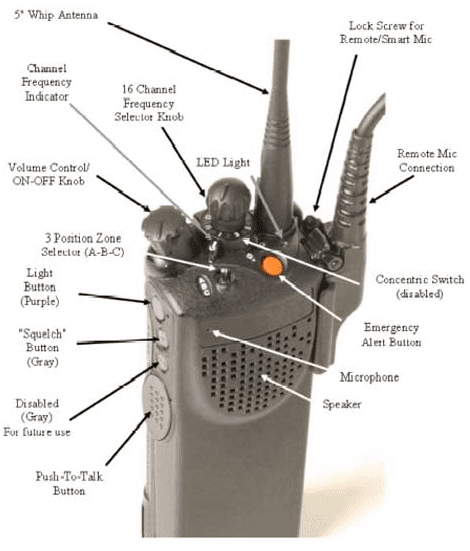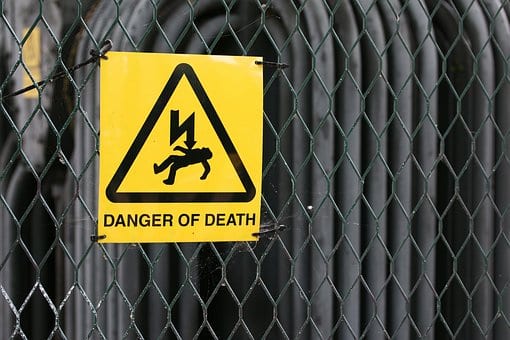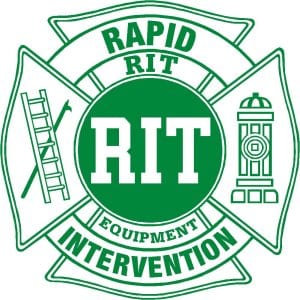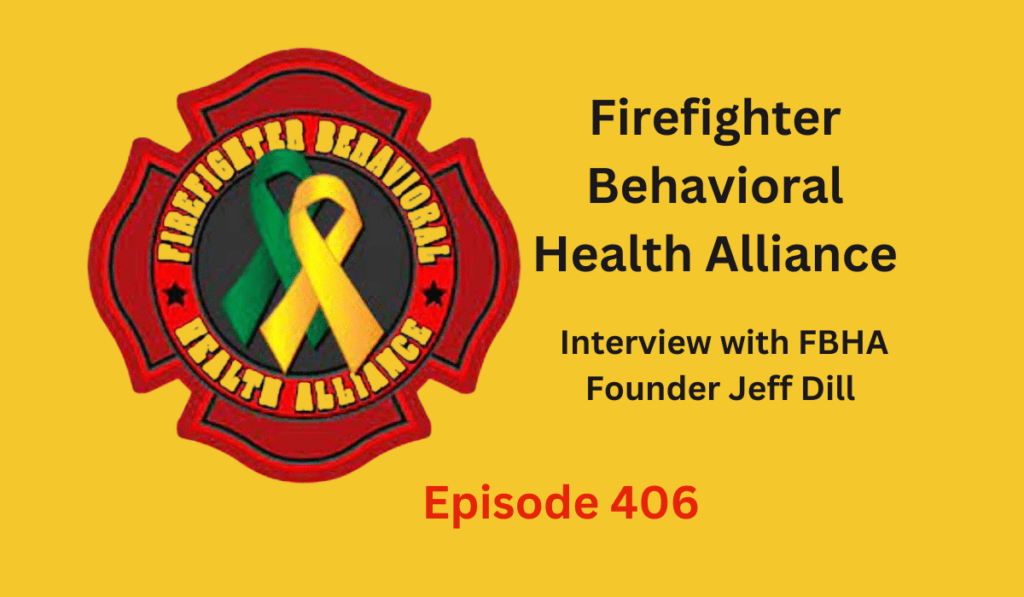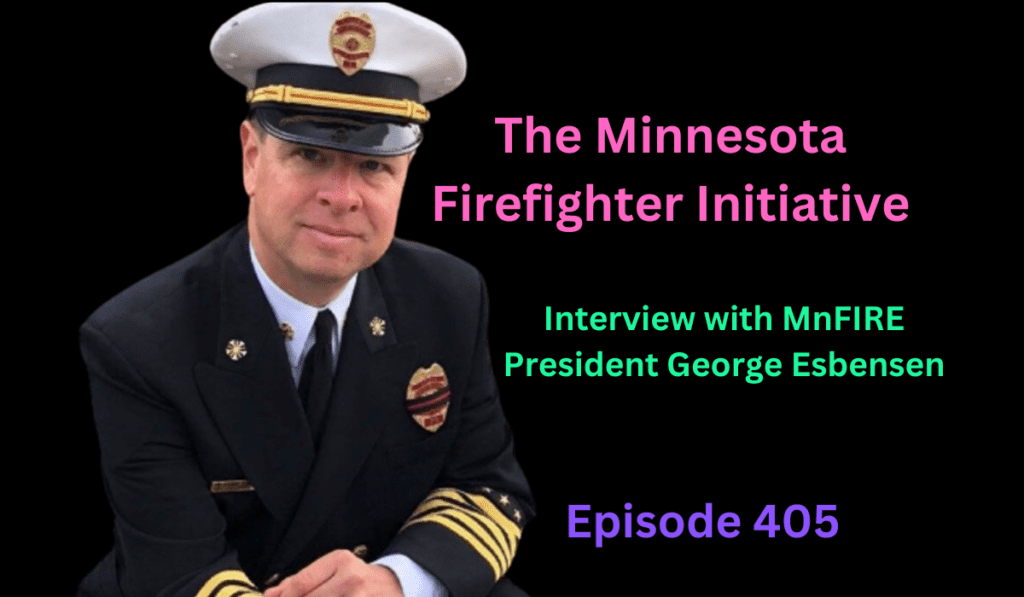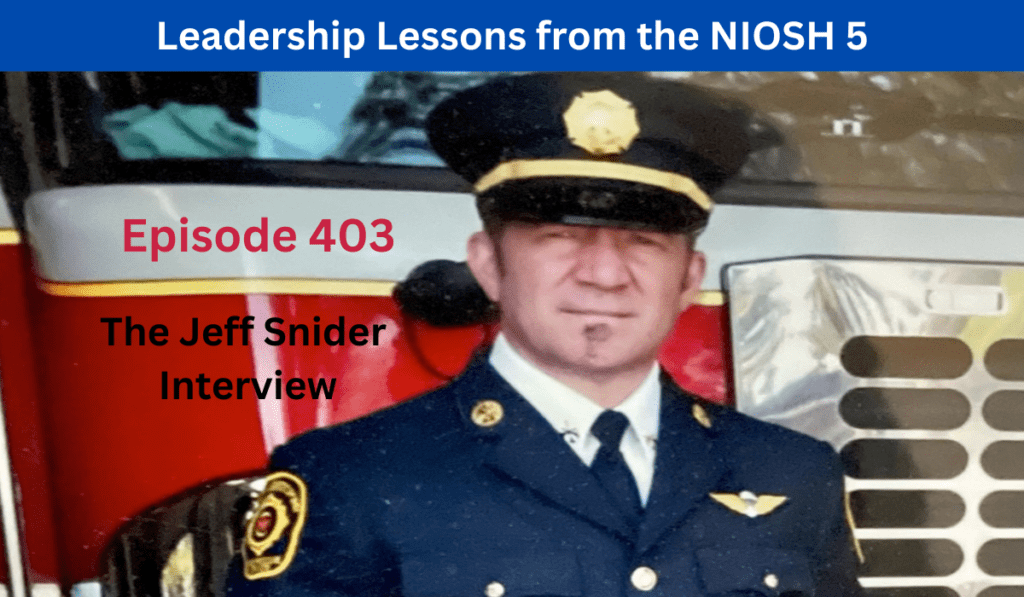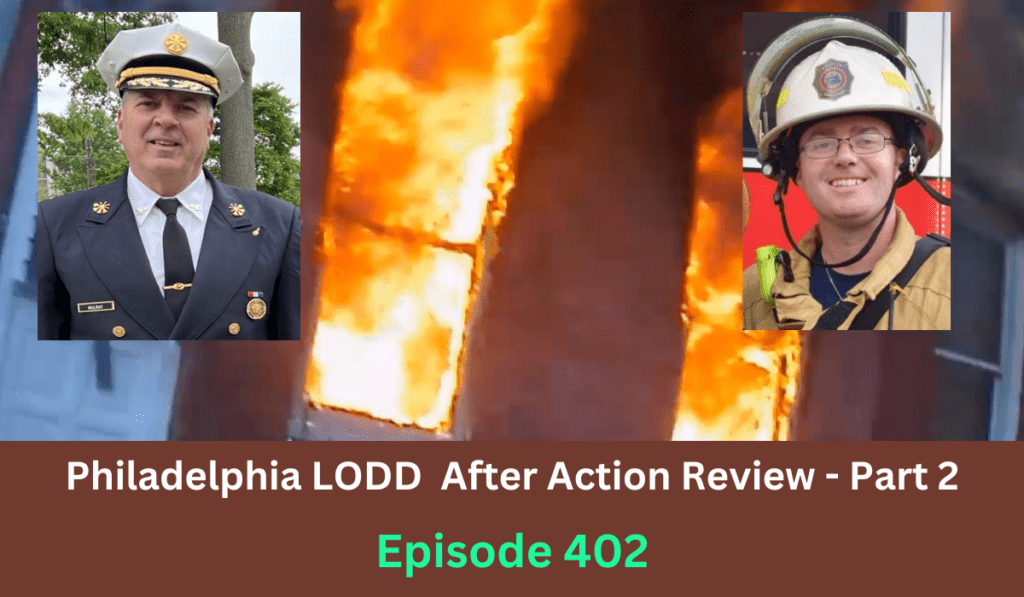The Comfortable Routine of Complacency
We all know we have habits. Some of them are good habits. And some of them are…well… not so good. The less often talked about cousin of a habit is a routine. Habits and routines can impact situational awareness in both good and bad ways. [tweet this] But where do habits and routines come from? […]
The Comfortable Routine of Complacency Read More »

